Can you imagine Doctor Frankenstein patenting his invention for giving life and consciousness to a creature? Are the cyborgs of science fiction affected by patents? These examples are imaginary, but fiction here raises real questions. If Disney isn’t shy about patenting concepts for lightsabers and Iron Man-style intelligent armor, it’s because fiction does have potential.
The patentability of living matter means being able to protect a technical process involving living matter in an industrial application. In France, industrial property law has a number of specific features on this subject, which are sometimes considered restrictive by some. Behind the idea of patenting life, there is also an ethical debate and real questions about life. Remember the biblical story of the Tower of Babel! If we think we’re God, could we suffer the consequences?
The patentability of living organisms in brief
The subject is not a simple one, and this post attempts to give you an overview of the question of the patentability of living organisms. For more details, and in-depth answers on one of your projects, we advise you to contact an industrial property attorney(contact us).
Patent…
| Stem cells & embryonic cells | Genes | Microorganism | Plants & Animals |
| Not patentable in EuropeIf there is a need to destroy the human embryo at any stage of development | DNA sequences are not patentableThe discovery itself of an element of the human body is not patentable, but the invention that makes it possible to isolate it, or its specific use. | BrevetableThe microbiological process and the resulting product are patented. | BrevetableThe patent must not cover animal breeds or plant varieties. |
According to theINPI, you can’t patent innovations resulting from the crossing of varieties or the selection of characteristics. So if you have a green thumb and love roses, you can’t get a patent for a rose created by cross-breeding!
The subject of patenting living organisms is one that comes up a lot in the news. Biotechnology is the subject of much scientific and philosophical debate. On a daily basis, consumers are particularly aware of patents in the agri-food sector concerning GMOs (genetically modified organisms).
Biotechnology: a necessary field?
According toEPO figures, 55% of biotechnology patents are in the pharmaceutical field. Patent applications, and patents granted, provide an indication of the state of the economy and industry. The figures reveal the applications made possible by biotechnologies. They are essential for technical progress in the medical field.
Did you know? For example, Humira, an antibody with a patented sequence, was the world’s best-selling drug in 2014.
INTERESTED IN COSMETICS AND INNOVATION?
